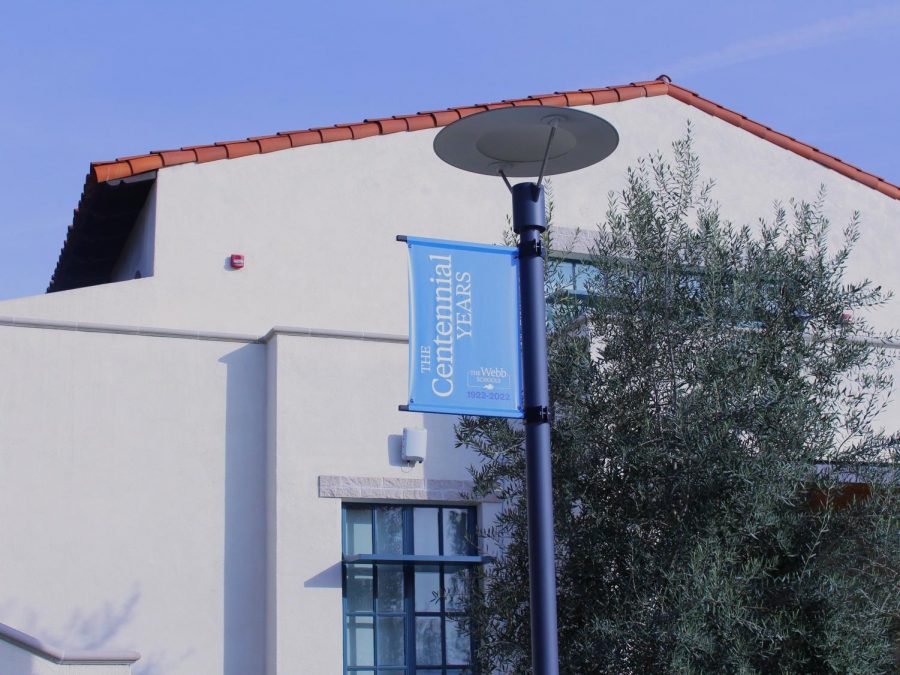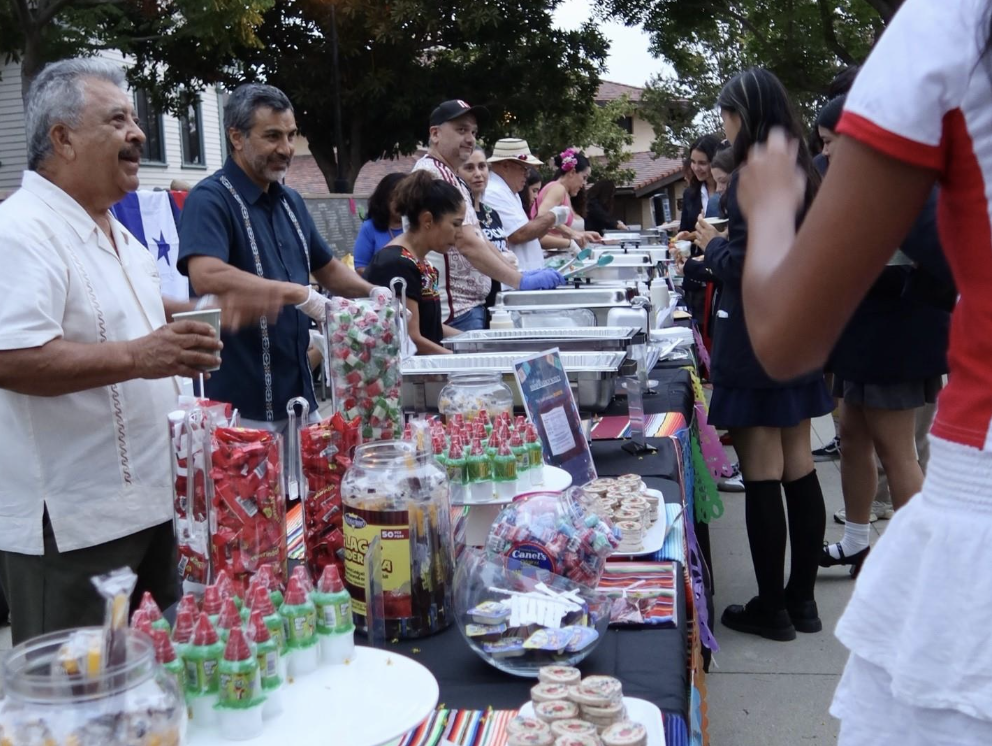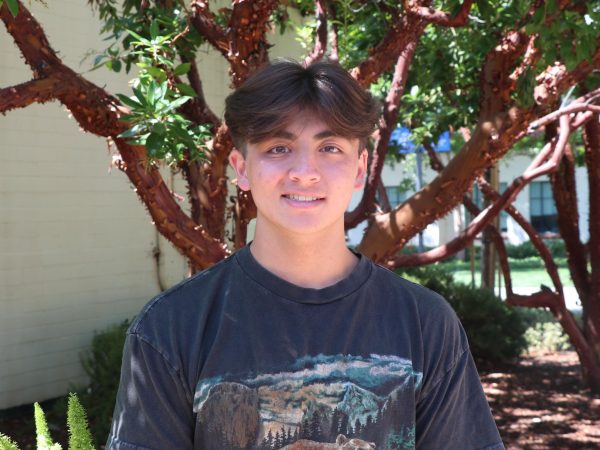Webb’s commitment to diversity, equity, and inclusion is often overlooked. Even listed alongside its mission statement on the school’s website, promoting DEI has been one of Webb’s top priorities. Webb’s DEI program is not appreciated enough for its efforts to maintain a balance in the community.
On numerous occasions, I have overheard fellow students air their grievances about being required to attend DEI meetings and speeches. What they need to realize is that, without Webb’s commitment to DEI, the school would be drastically different. Recent events at a private boarding school in Massachusetts can give insight into how Webb would operate with a less robust DEI program.
On Friday, October 22nd, Middlesex School students and faculty staged the first of a weekend of walkouts in response to the head of school David Beare’s rescinding of a speaking invitation from Nikole Hannah-Jones, the creator of the 1619 Project. Beare’s decision came with heavy backlash, as it contradicted the school’s commitment—as stated in an open letter to the Middlesex community a few days prior—to preserving diversity, equity, and inclusion.
Four days prior, Hannah-Jones took to Twitter, sending out a thread of tweets
airing her thoughts on the issue. Upon receiving the news that she had been disinvited, she was informed that Beare and the school board believed that “the ‘noise’ associated with having Nikole as the speaker would take away from the overall experience.”
“There was an emergency assembly called, and Mr. Beare talked about the tweets sent by Nikole Hannah-Jones,” said Sofia Ometeotl, a sophomore attending Middlesex. “Later that day, there was an email sent out to the entire school by a group of juniors who basically called him and the board of trustees out about the lack of communication and blatant racism behind what he did.”
Throughout the weekend that followed Beare’s assembly, students staged walkouts to protest Beare’s decision. The students organized themselves under the motto, “claim our voice,” supported by some students and faculty.
“The next day, [the] faculty sent a letter to the board with their opinions, and no one that I’ve spoken to agrees with what he did—especially the faculty. We had a meeting in chapel on Thursday where Mr. Beare apologized to the students and faculty,” Sofia said. “The same group of juniors decided to organize a walkout, and we had a list of demands.”
After a weekend of protesting the school’s decision, Beare elected to take a leave of absence. In an email to the Middlesex community, he stated that his leave “serves the best interest of the students and the school.”
There are several ways to interpret this leave of absence. Was this leave warranted by the school board as a way to save face? Or was it announced out of genuine remorse for the head of school’s action?
“I did not want to see his face every day after what he had done—especially being a person of color,” said Sofia, describing her reaction to Beare’s announced leave of absence. “In my opinion, I don’t think he’s remorseful. He’s trying to put blame on anyone but himself.”
What this situation shows is just how important a robust diversity, equity, and inclusion program is at a school—especially at a private school. A private school, in its nature, is exclusive, so efforts to make it more inclusive are necessary to create a serviceable learning environment for all students.
John Choi, Webb’s recently appointed Diversity, Equity and Inclusion Coordinator, planned to build a DEI program strong enough to ensure that nothing like what occurred at Middlesex would happen here at Webb.
“A lot of these schools are embedded in a hundred, if not two hundred years of history that’s a certain type of history, and they’re not ready for change,” Mr. Choi said. “Making institutional change means making societal change, and that’s not easy to do.”
A DEI program in private schools like Middlesex and Webb is essential to creating a balanced environment for students of all backgrounds to thrive. As Webb approaches its very own centennial, providing students with DEI education to give them the tools they need to foster such an environment is more important than ever.
Guest speakers who specialize in aspects of diversity, equity, and inclusion allow students to become aware of new perspectives. In recent years, Webb has leaned toward giving the students the ability to choose who speaks at their school, inviting speakers like Kahlil Greene and Schuyler Bailar to tell their stories.
“[The idea of inviting] Schuyler Bailar came from some students,” Mr. Choi said. “They said, ‘We went to a conference, and we thought this was so powerful if, for Dies Mulieres, we could bring in somebody who questions what it means to be a man and woman and looks at gender identity, and that would be fantastic, because we have a lot more kids who are coming out as being not cisgender.’ Maybe in the past it was a lot of adults who decided who was going to come in, but I think recently—at least with the DEI stuff—it’s been more student-generated.”
Webb can empower student voices by allowing them to have a voice in what they learn—one of those methods being suggesting speakers. Giving students a voice in what is happening at their school is the most effective way of preventing this kind of backlash.
“As a general principle,” Mr. Choi said, “the more transparency that you can give around decision-making, and the more opportunities to get feedback from the student population, the less resistance.”
The school’s unrelenting efforts to foster a diverse, equitable, and inclusive environment, as well as acknowledging the importance of such an environment, are ways that Webb plans to provide students with a space where they feel safe, heard, and belonged.







![Many Webb students spend their free time in the library watching a popular TV show like Riverdale and Euphoria. “Based off what I’ve seen, like in Euphoria, because the actors are older, they don't showcase an actual high school life properly,” Sochika Ndibe (‘26) said. “Since [the actors] are older [and] playing a teenager, from a girl’s perspective, it is going to make you think you should look more developed at a young age.” The actor, who plays Veronica Lodge, was 22 years old at the time of filming.](https://webbcanyonchronicle.com/wp-content/uploads/2025/03/Antecol-Media-affects-how-society-functions-graphic-1200x900.png)







